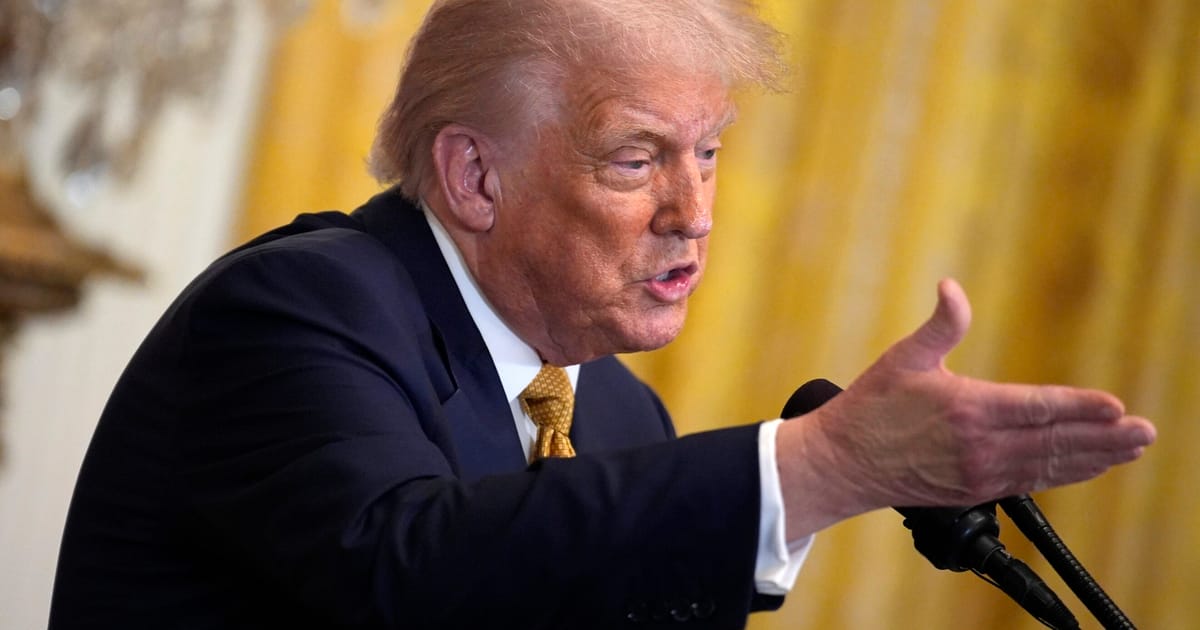

In a world increasingly defined by intricate geopolitics and dynamic international relations, recent developments spotlight the complexity and interconnectedness of global affairs. With several key issues coming to the fore, the ongoing trade negotiations between the European Union and the United States, diplomatic appeals in the United Kingdom regarding the recognition of a Palestinian state, and a significant EU-China summit all present pivotal moments on the global stage.
The European Union is currently considering the imposition of a 15 percent tariff on U.S. goods if a critical trade deal fails to materialize by the deadline set for August 1st. This comes amidst complicated negotiations where Brussels is poised to initiate retaliatory measures should talks with the United States fall through. While the prospects of reaching an agreement remain hopeful, the readiness to launch a two-stage response underscores the high stakes of these discussions. The EU’s measured yet firm stance reflects the broader complexities and challenges of international trade negotiations in the current geopolitical climate.
Meanwhile, in the United Kingdom, pressure is mounting on Prime Minister Keir Starmer to officially recognize a Palestinian state. A coalition of former UK diplomats and ambassadors has expressed their collective concern, advocating for this recognition as a means to address the pressing humanitarian crisis in Gaza. The campaign is further amplified by influential voices within the UK. The Archbishop of York, Stephen Cottrell, has been vocal in his condemnation of the violence unfolding in Gaza, describing it in stark terms as a “grave sin” and a “stain on the conscience of the international community.”
Adding weight to this call, the Mayor of London, Sadiq Khan, has joined the chorus urging immediate action. Khan’s plea is indicative of a broader international outcry that is focused on alleviating the plight of civilians in Gaza who are facing dire conditions, characterized by starvation and unrest. This concerted appeal to the UK government highlights a shared desire among various stakeholders to foster meaningful change and humanitarian relief through diplomatic recognition and intervention.
Elsewhere, the upcoming EU-China summit on July 24th is set against a backdrop of discord and disputes. Both parties are engaged in a complex dialogue that encompasses trade disagreements, technological competition, and differing views on international sanctions, particularly those related to support for Russia. These issues underscore the multifaceted nature of EU-China relations, where progress appears elusive amidst a landscape marked by substantial divergences in policy and perspective.
The global spotlight on these issues reveals the nuanced tapestry of international relations, where each negotiation, decision, and summit holds the potential to shape future outcomes. As nations navigate these discussions, the emphasis on cooperative dialogue and shared understanding remains paramount. In this interconnected world, where the actions of one country can ripple across continents, the pursuit of stability, peace, and mutual benefit continues to be the guiding principle for all involved.
As the coming weeks unfold, the outcomes of these negotiations and diplomatic efforts will undoubtedly serve as key indicators of the direction in which global relations are headed. It is a reminder of the importance of diplomacy and the profound impact that collaborative efforts can have in forging a harmonious and equitable global community.
Source: {link}
